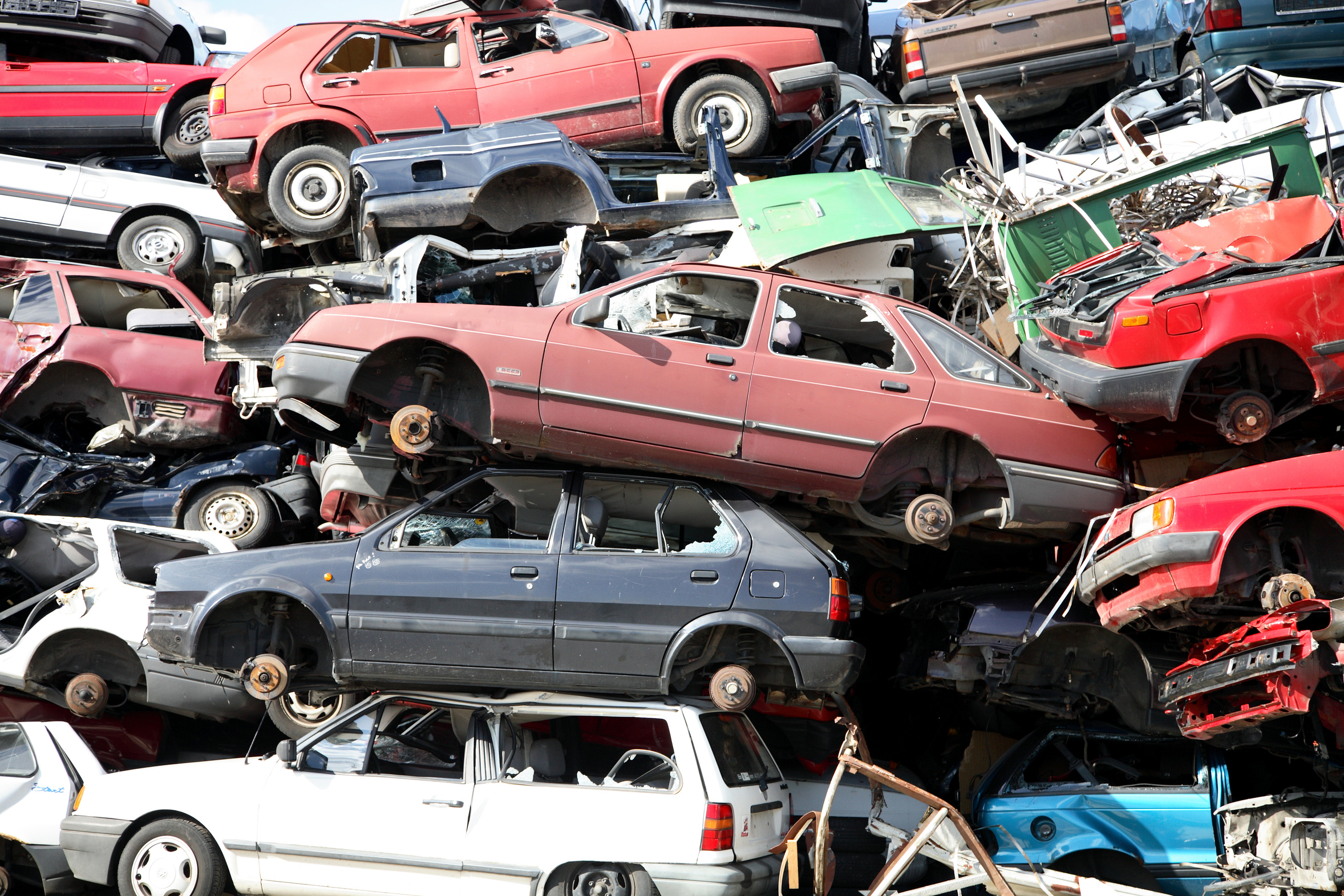Car recycling has grown into a multi-billion-dollar industry because it solves two major problems at once: waste management and resource recovery. Every year, Australia records more than 500,000 vehicles reaching the end of their life cycle, according to the Federal Chamber of Automotive Industries. Instead of letting them take up landfill space, recyclers extract valuable metals, plastics, and usable parts. This process creates a reliable supply chain for raw materials while reducing the environmental burden of abandoned vehicles. For car owners, this trend also creates opportunities to earn from vehicles that are no longer roadworthy.
Turning scrap into valuable resources
The most striking feature of car recycling is its ability to transform what looks like waste into usable resources. Around 85% of a car’s materials can be recycled or reused, including steel, aluminium, tyres, and even battery components. In Townsville, many vehicle owners now choose recycling services because they not only get paid but also contribute to reducing landfill pressure. Services such as cash for old cars Townsville make this possible by offering quick valuations and convenient removal. With rising steel demand in Australia’s construction industry, recyclers benefit from steady market growth. This cycle of collection, dismantling, and resource supply is what keeps the industry profitable and expanding.
Economic impact of the recycling industry
Car recycling contributes significantly to Australia’s economy through job creation, trade, and manufacturing support. The Australian Bureau of Statistics (ABS) reports that metal recycling alone supports thousands of jobs across dismantling yards, transport, and resale industries. Recycled steel and aluminium are supplied to local manufacturers, reducing the need for expensive imports. This lowers production costs for industries such as housing and construction while providing steady work opportunities in regional towns. Townsville, with its growing network of recycling businesses, is part of this broader national trend where waste becomes a driver of economic growth.
Environmental benefits of car recycling
The environmental impact of recycling vehicles is equally significant. Cars contain harmful fluids such as oil, brake fluid, and coolant that can pollute soil and waterways if not disposed of correctly. Recycling centres are equipped to safely drain and process these liquids, preventing contamination. In addition, every tonne of steel recycled saves around 1.5 tonnes of iron ore and 0.8 tonnes of coal, reducing greenhouse gas emissions. This eco-friendly approach makes car recycling not just profitable but also essential for a sustainable future. For homeowners and businesses alike, responsible disposal is now part of everyday decision-making.
Shifting community attitudes towards recycling
Over the past decade, public perception of car recycling has shifted from a last resort to a preferred choice. Many Australians now see recycling as the responsible way to dispose of vehicles, not just an option for damaged or written-off cars. In suburbs such as Mount Louisa, services specialising in scrap car Mount Louisa have grown in popularity because they combine convenience with fair payments. This demand reflects a larger trend where consumers actively choose businesses that align with sustainable practices. Recycling is no longer a hidden industry—it’s become a mainstream solution supported by local councils, environmental groups, and everyday car owners.
Why Townsville Cash 4 Cars stands out
Among the many recycling services available, Townsville Cash 4 Cars has built a reputation for reliability and efficiency. They simplify the process for customers by offering instant quotes, free removal, and same-day payments. With experience handling cars of all makes and conditions, they ensure vehicles are dismantled responsibly and in compliance with Australian standards. For Townsville residents, choosing a trusted local service means not only gaining cash value from an unwanted car but also contributing to sustainable resource management. Their customer-focused approach highlights why professional services have become a key part of the recycling industry’s success.
Future of car recycling in Australia
The future of car recycling in Australia looks promising, with both technology and regulation driving growth. Advanced shredding machines, metal sorting systems, and battery recycling facilities are making the process faster and more efficient. Government policies encouraging sustainability also push businesses and individuals towards recycling rather than disposal. As electric vehicles become more common, recycling will expand further to recover rare minerals such as lithium and cobalt from old batteries. With rising awareness and improved infrastructure, car recycling is positioned to remain a cornerstone of Australia’s green economy.
Conclusion
Car recycling has developed into a thriving business because it creates value from waste, supports local economies, and protects the environment. From turning scrap into reusable steel to offering car owners quick cash and free removal, the industry demonstrates how sustainability and profitability can work together. Looking ahead, advances in technology and community support will keep car recycling central to Australia’s circular economy.
For more insights into vehicle recycling and disposal, visit our blog section for related topics.

